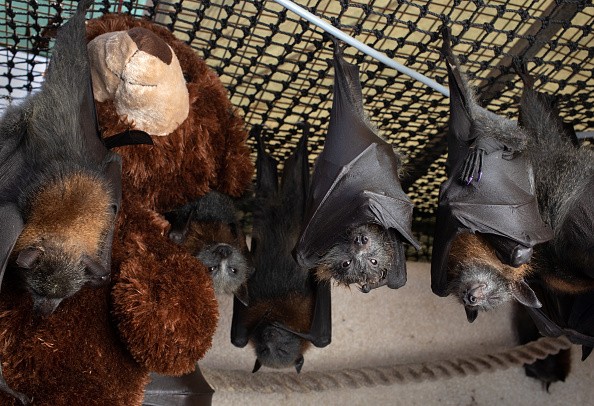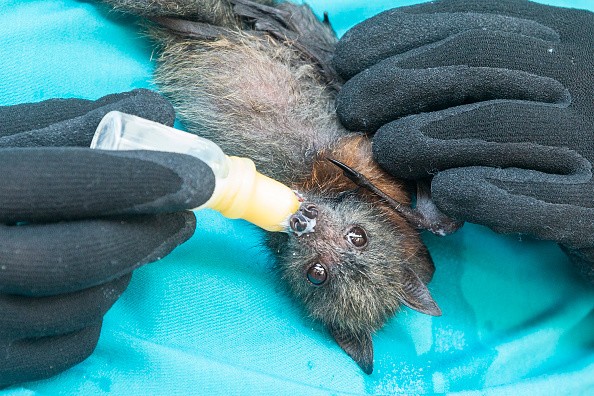Many people claim that bats are responsible for COVID-19, the viral disease that cause the ongoing pandemic. However, it might be that these flying mammals are also afraid of the infection.

Researchers claim that bats tend to isolate themselves when they are sick. The new study suggests that the behavior can either be voluntary or forced by other group members.
The Independent UK reports that the animals were previously observed in a lab, but it was the first time the unique activity was documented. The newly discovered behavior can alter how a pathogen spreads across a population.
It can also decrease transmission rates since the healthy animals can avoid the infected ones. The action can also be seen among social insects.
The unhealthy critters are excluded, or they self isolate. Insects and bats are not the only ones who are doing this action. There are also other species of animals that exhibit changes in behavior when they fall ill.
Bats new behavior
Phys Org reported that Oxford University Press published the new study wherein researchers captured 31 adult female vampire bats inside a hollow tree located in Lamanai, Belize.

They injected half of the bats, randomly, with the immune-challenging substance called "lipopolysaccharide." After the next three days, the scientists put proximity sensors on the bats and released them back into the hollow tree.
After they were sent back to the wild, they tracked the infected backs. They found out that the sick bats associated with fewer groupmates and spent less time with the other flying mammals.
The bat study's results
After conducting the study, the researchers discovered that a healthy bat or "control bat" had a 49% chance of associating with another healthy one. On the other hand, a control bat had, on average, a 35% chance of associating with an infected member.
"The sensors gave us an amazing new window into how the social behavior of these bats changed from hour to hour and even minute to minute during the course of the day and night, even while they are hidden in the darkness of a hollow tree," said Simon Ripperger, the study's lead author.
For more news updates about new studies about animals, always keep your tabs open here at TechTimes.
Related Article: [STUDY] Mutant 'Mighty Mice' Return From a Month-Long Stay in Space With Ripped Bodybuilder Physiques!
This article is owned by TechTimes,
Written by: Giuliano de Leon.
ⓒ 2026 TECHTIMES.com All rights reserved. Do not reproduce without permission.




